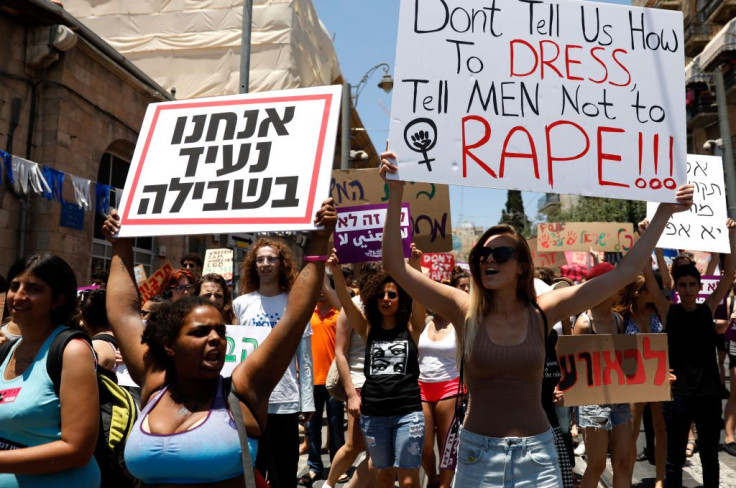Official data from the Gender Equality Observatory for Latin America and the Caribbean (GEO) of the Economic Commission for Latin America and the Caribbean (ECLAC) reveal that at least 3,529 women were victims of femicide in Latin America and the Caribbean in 2018 alone.
The number indicates that four of the five highest rates of femicide in the region were recorded in 25 countries in Central America and the Caribbean, in addition to Bolivia of South America. According to the regional organization’s executive secretary, Alicia Barcena, this number also shows the extent of gender-based violence and discrimination in the region.
“The gender-based killing of women is the extreme on a continuum of violence that women in the region experience,” she said. “The figures compiled by ECLAC, in an effort to make the seriousness of this phenomenon more visible, show the depth of the patriarchal, discriminatory and violent cultural patterns that are present in the region,” she added.
Based on the data gathered, El Salvador, Honduras and Bolivia are the three nations with the highest proportion of gender-based homicides, with rates of 6.8, 5.1, and 2.3 women killer per 100,000, respectively. Meanwhile, Guatemala, which has a rate of 2 femicides per 100,000 women, and the Dominican Republic, which has a 1.9 rating, are the fourth and fifth countries with the highest death percentages. Peru, which has a rate of 0.8 femicides for every 100,000 women, marks the lowest figure in the region in 2018.
Barcena revealed the difficulty in comparing data between and among countries in Latin America and the Caribbean, as some nations do not consider femicide a crime. Also, while some have a broader definition of the term, some limit it to crimes that exist within marriages and cohabiting relationships.
As the International Day for the Elimination of Violence Against Women kicked off on Tuesday, Barcena revealed that more and more women in the region have taken strides to put an end to gender-based violence in recent years. “Millions of women in the region have taken to the streets to assert and demand something so basic which is violated: the right to live violence-free lives,” she said.

© 2025 Latin Times. All rights reserved. Do not reproduce without permission.




